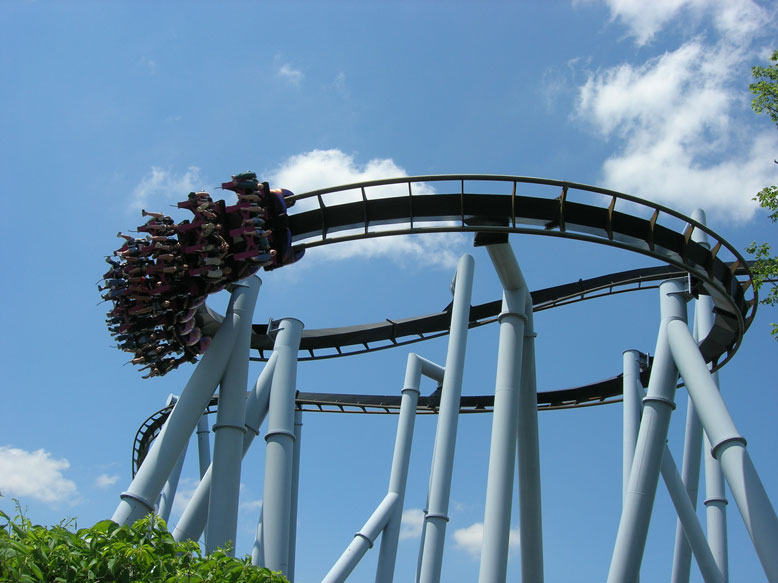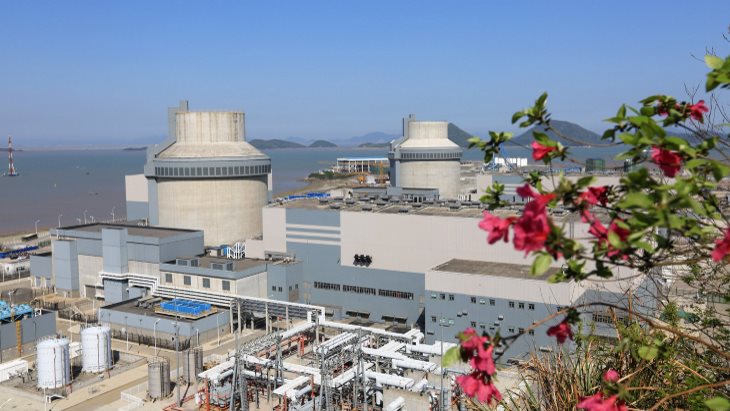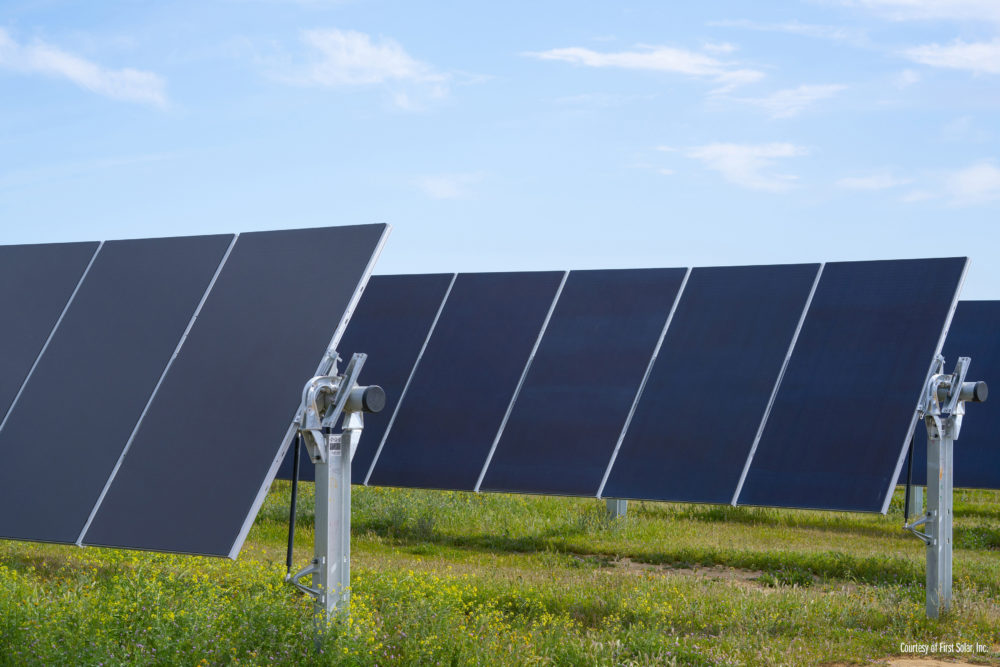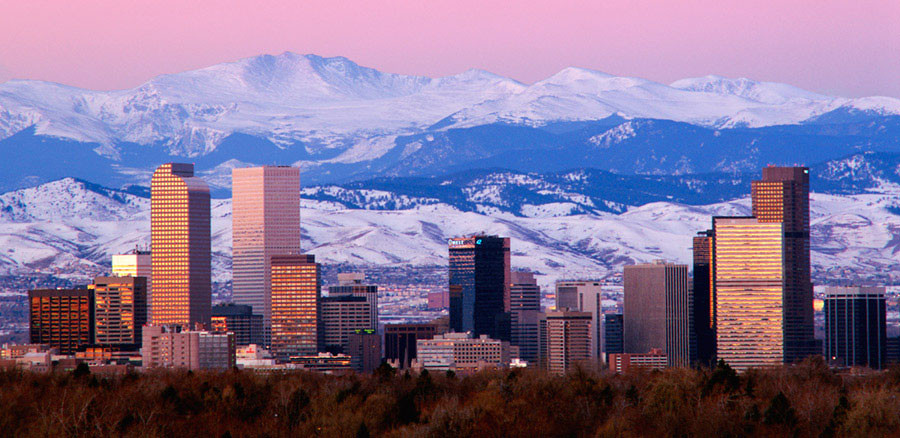How I Got Here (A Casual Cover Letter)
How did I get here? In other words, how did I arrive at this moment in time where I am writing my first blog post in a personal data science blog? Why am I currently a Data Science student at Metis? Reflecting on my “journey” (for lack of a less self-indulgent term) so far has helped me align my next set of career goals.
I’ll spare you my resumé in its entirety, but here’s a recap for context:
- Graduated from the University of California - Berkeley in 2014 with a B.S. in Mechanical & Nuclear Engineering
- Got a job as a “Mechanical Engineer” (effectively an onboarding engineer) at a small startup in the Bay Area. Transitioned into a mostly Django-based Software Engineering role.
- Short stint at an even smaller incubator stage startup as a Software Engineer.
- 4-years at a large utility-scale solar energy company doing a variety of things including ad-hoc analytics, researching and validating physical models for solar power plant performance, and tool development in Python.
- Metis Data Science Bootcamp (current).
Looking at the bulleted list in a vacuum at best implies a vague theme throughout my career (Python…?). However, it doesnt tell the full story of how I got to where I am now. I’ll pose a few questions and answer them.
Why did I study Mechanical & Nuclear Engineering?
I rode my first roller coaster (“Great Bear”, pictured below) on a middle school band trip to
Hershey Park in Pennsylvania. After obsessively surfing the web to learn about every
roller coaster on Earth, I eventually figured out that you have to study engineering to build roller coasters.

Great Bear, a roller coaster at Hershey Park in Pennsylvania.
After a few years of subconsciously orienting myself towards an engineering career by centering my focus on
STEM classes in middle/high school,
I happened upon a book that changed my path. The book by Joseph M. Shuster, entitled
“Beyond Fossil Fools: The Roadmap to Energy Independence by 2040”,
discusses the risks of climate change and goes through every viable fossil fuel replacement. The author explains the
advantages and disadvantages of all possible renewable energy technologies, but his overall thesis is that a mix of
all carbon-free energy sources is necessary to move away from fossil fuels, including Nuclear Power (which I mention for
the purpose of foreshadowing.)

Units 1 & 2 at Sanmen Nuclear Power Plant in China. The reactors are Westinghouse AP1000, which use modern passive safety systems. (Credit: World Nuclear News)
This book had a huge impact on me and eventually led me to choose Civil & Environmental Engineering as my major. I soon realized that I had conflated “Environmental” with “Renewable Energy”, and made the first major course correction in my career by switching to Mechanical Engineering, which I believed would give me a broad understanding of design, and maybe put me in a position to work for an electric car company. Soon after, I tacked on Nuclear Engineering to my major, keeping the dream alive of maybe landing a job at a firm designing next-generation nuclear reactors.
What happened at my first job?
As I approached graduation, I was still optimistic about becoming a nuclear engineering professional, but I faced two major obstacles:
- Nuclear Power isn’t very popular in the US, and there are a limited set of entry level roles.
- I wanted to stay in the Bay Area after college, and the handful of nuclear power companies seemed to be elsewhere.
![]()
The Bay Area: You may not start out a software engineer, but you will become one. (Credit: HBO)
Luckily, I found a role at a startup in Berkeley working on software that improved energy efficiency of commercial buildings via optimization of HVAC systems. The role I applied for, “Mechanical Engineer”, turned out to be more of a Sales Engineer/Onboarding Engineer role. Due to the volatile nature of startups, my role was quickly becoming obsolete, but I was given the opportunity (which I am eternally thankful for) to learn web development on the job. Within a year I was a scrappy, but functional Python/Django/AngularJS developer.
Why did I move on and why was that naive?
What followed isn’t something I necessarily regret (because I am happy where I ended up)…okay, let’s just call it a challenging learning experience. I applied to an even smaller startup in the Bay, mostly motivated by a higher salary listed on AngelList.
I got the job but was let go within 6 months of working there. The management style wasn’t working for me, being 1 of 2 engineers wasn’t working for me, and I suppose it wasn’t working for them either. It was a soul crushing moment so early in my career. Why had I strayed so far from my major? Why was I pretending to be a software engineer?
It’s impossible to predict the outcome of every decision in life, but here’s my advice to those in the infancy of their careers: if you generally are happy with a job, but unhappy with your compensation, it never hurts to just have that conversation with your manager. Even if your company has a short runway, or whatever the case might be, at the very least you’ll be able to make an informed decision about your next career move.
What was I up to the last 4 years?
The wounds from that job started to turn into scars, and I realized I was in a much better place mentally and emotionally, despite a few months of unemployment. A good friend of mine from high school introduced me to the Performance & Prediction team at First Solar, and I was soon interviewed and offered a position at their San Francisco office.

First Solar’s unique thin-film Cadmium Telluride modules. (Credit: Solar Power World)
The four years that followed were truly excellent. The work ranged from analysis of power plant performance data, researching ways to improve our physical models that predicted power plant performance, creating technical sales collateral, serving as the internal “consultants”, presenting my work at conferences in the US, China, and Germany, developing an SDK for our energy prediction software, and an endless list of other rewarding projects.
A couple of years ago, my manager asked me if I wanted the company to sponsor any educational opportunities. I had been curious about machine learning, so I began to peruse some of the online offerings. I ended up recommending the well-known Andrew Ng Machine Learning course on Coursera, as I saw it mentioned a number of times on different forums. My entire team expressed interest and we started the course shortly thereafter. I found myself extremely stimulated by the course and became fixated on machine learning, just like I had for roller coasters as a child, and renewable energy as a teen.
Meanwhile, though I was doing extremely well at First Solar, much in part to my previous experience as a software engineer, I felt myself falling into the role of “Python educator”. Much of my time was spent helping people create Anaconda environments, or understand class inheritance. This felt good in some ways - it continued to build my confidence in my software skills, something I had been struggling with after I lost my previous job 4 years prior. However, I felt unsatisfied. I realized that I don’t want to be the person answering all of the questions. I want to be the one asking the questions, growing, learning, and being challenged. I didn’t have any major gripes with my company, but I was ready for the next stage of growth in my career. Plus, there was that whole machine learning thing…
Why did I apply to Metis?
Eventually, I applied to a few Data Scientist positions in Denver. (I had since moved there and was working remotely for First Solar.) I wasn’t necessarily expecting to get an offer, but I knew I could at least get an interview or two, and I was curious to see where I stood.

My new home.
I was able to get my foot in the door at one company in particular, and made it past the initial screening to the take-home assessment. The take home assessment involved some exploratory data analysis and a machine learning challenge. My data analytics/software engineering experience was only able to get me so far, and I was rejected. However, something unlikely happened: the company’s Director of Data Science emailed back and forth with me, and his messages were extremely supportive, encouraging me to continue this pursuit. He told me that he had graduated from a data science bootcamp called Metis and strongly recommended it to me.
A week later, I was on a business trip for First Solar. As I sat on the bed in my hotel room after a day of meetings, I took a look at Metis’ academic calendar, just for the hell of it. I then took a look at my Google calendar and something clicked. I thought to myself, if I resign in the next month or so, and take a 2 month break to unwind and work on my music (something I had been fantasizing about for years), I could start Metis in the summer. That’s when I made my decision to apply to Metis. And that’s how I got here.
What are my goals going forward?
My immediate goal is to capitalize on the 12 weeks I have at Metis.
After Metis is over, I plan on applying to jobs that are more engineering-focused. The job descriptions that have stood out to me the most tend to be labeled “Machine Learning Engineer” or “Software Engineer - Machine Learning”. As far as industries, I am pretty open minded, but tend to lean towards renewable energy, music technology, and frankly anything that isn’t explicitly related to advertising technology.
In any case, as I’ve learned in the first 6 years of my career, continuing to be honest with myself and continuing to make course corrections will ultimately lead to fulfilling work.
